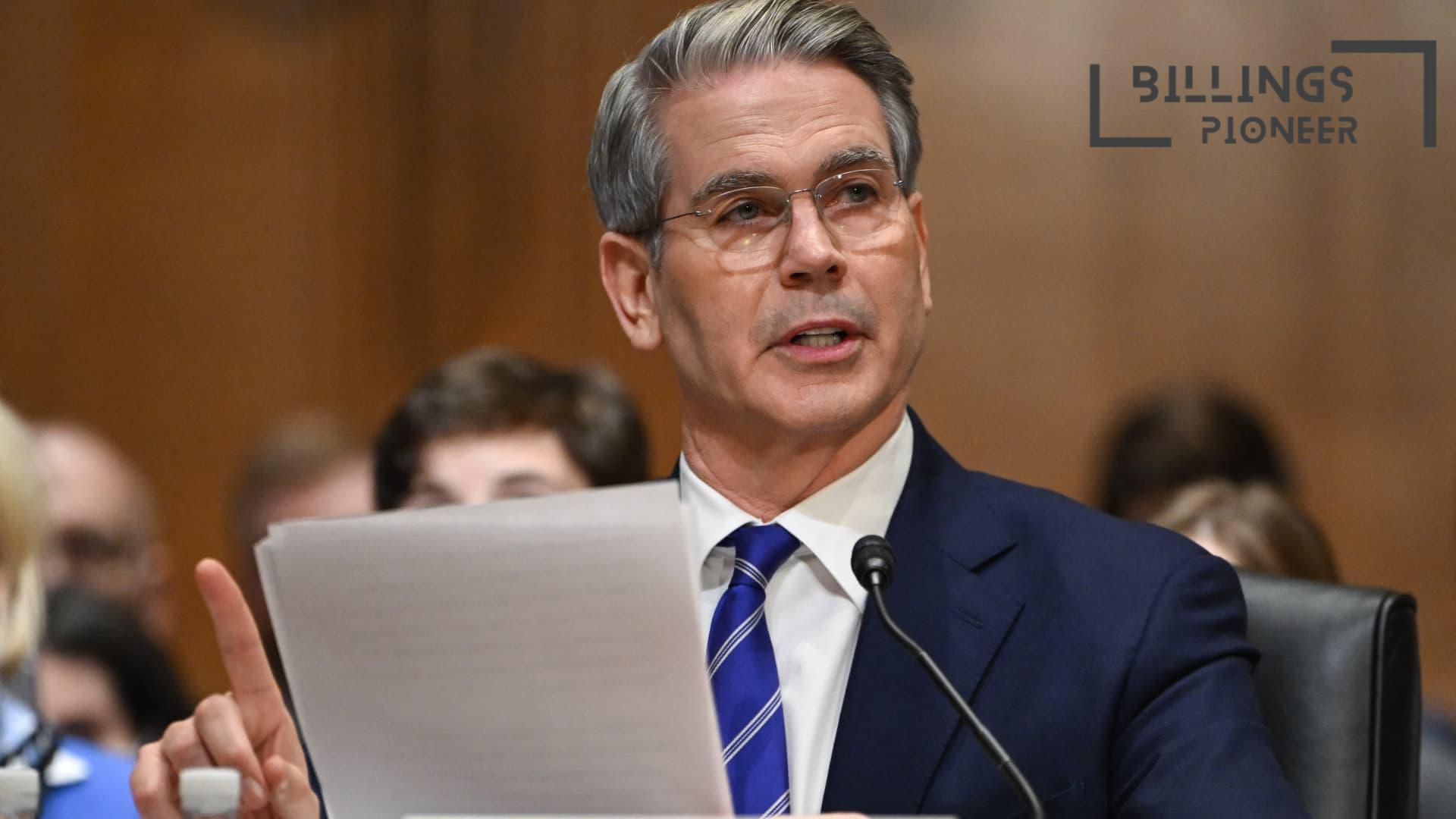In a recent confirmation hearing, Scott Bessent, the nominee for a key Treasury position, shared some alarming news about the United States’ financial health. He brought attention to a surging deficit that he describes as troubling, particularly as it is unfolding in a time of peace rather than during a war or significant recession. Bessent’s statement is stirring concerns across the nation and among policymakers regarding how the government is managing its money.
The Growing Deficit
Bessent’s testimony revealed that the U.S. three-month deficit for fiscal year 2025 has shot up to an eye-popping $710.9 billion. That figure is $200 billion higher than the same period last year, which highlights a dramatic increase of nearly 40%. Such a significant jump is raising red flags about the country’s financial practices. This is a clear indication that the nation is facing some serious financial challenges.
The Difference Between Spending and Revenue
During his testimony, Bessent made a critical point: the country isn’t experiencing a revenue problem; it’s dealing with a spending problem. This means that the government is spending more than it collects in taxes, which is leading to growing deficits. With rising costs to finance this spending, alarm bells are ringing as the amount borrowed by the government continues to spike.
Broader Concerns and Historical Context
Bessent also talked about how unprecedented this current deficit surge is, especially since it is happening outside of typical triggers like wars or economic downturns. Historically, the U.S. government has relied on borrowed funds during crises, but the current state raises questions about sustainability. It’s a wake-up call for Congress and the public on the importance of managing the nation’s budget more effectively.
Future Implications
If these trends continue, they could lead to severe implications for everyday Americans. With increased borrowing comes higher interest rates, which can affect loans for houses, cars, and education. This means parents might find it more difficult to afford their kids’ education or that young people may struggle to get their first cars without facing hefty loan repayments. Bessent’s warnings apply not just to policymakers but to citizens who might soon feel the impact of this financial mismanagement.
Engaging with Economic Solutions
So, what can be done? Bessent pointed out the urgent need for a significant reevaluation of spending priorities. The government needs to focus on reducing unnecessary expenses while ensuring that essential services remain funded. Citizens and leaders alike can get involved by advocating for responsible government spending and pressing representatives to consider long-term economic strategies that promote stability.
Looking Ahead
It’s clear that Scott Bessent is stepping into his new role with a keen awareness of the financial issues facing the country. His insights during the confirmation hearing shed light on the difficult challenges ahead and the need for immediate action to address the growing spending crisis. Whether it’s through personal responsibility as citizens or collective pressure on government leaders, everyone has a role to play in shaping a more stable economic future.
| Key Points from Bessent’s Hearing |
|---|
| U.S. three-month deficit for FY 2025 is $710.9 billion. |
| This deficit is $200 billion more than the same period last year. |
| The increase represents a staggering 39.4% year-over-year rise. |
| The current deficit surge is unprecedented outside of wartime or recession. |
| Bessent emphasizes the need for spending accountability. |











